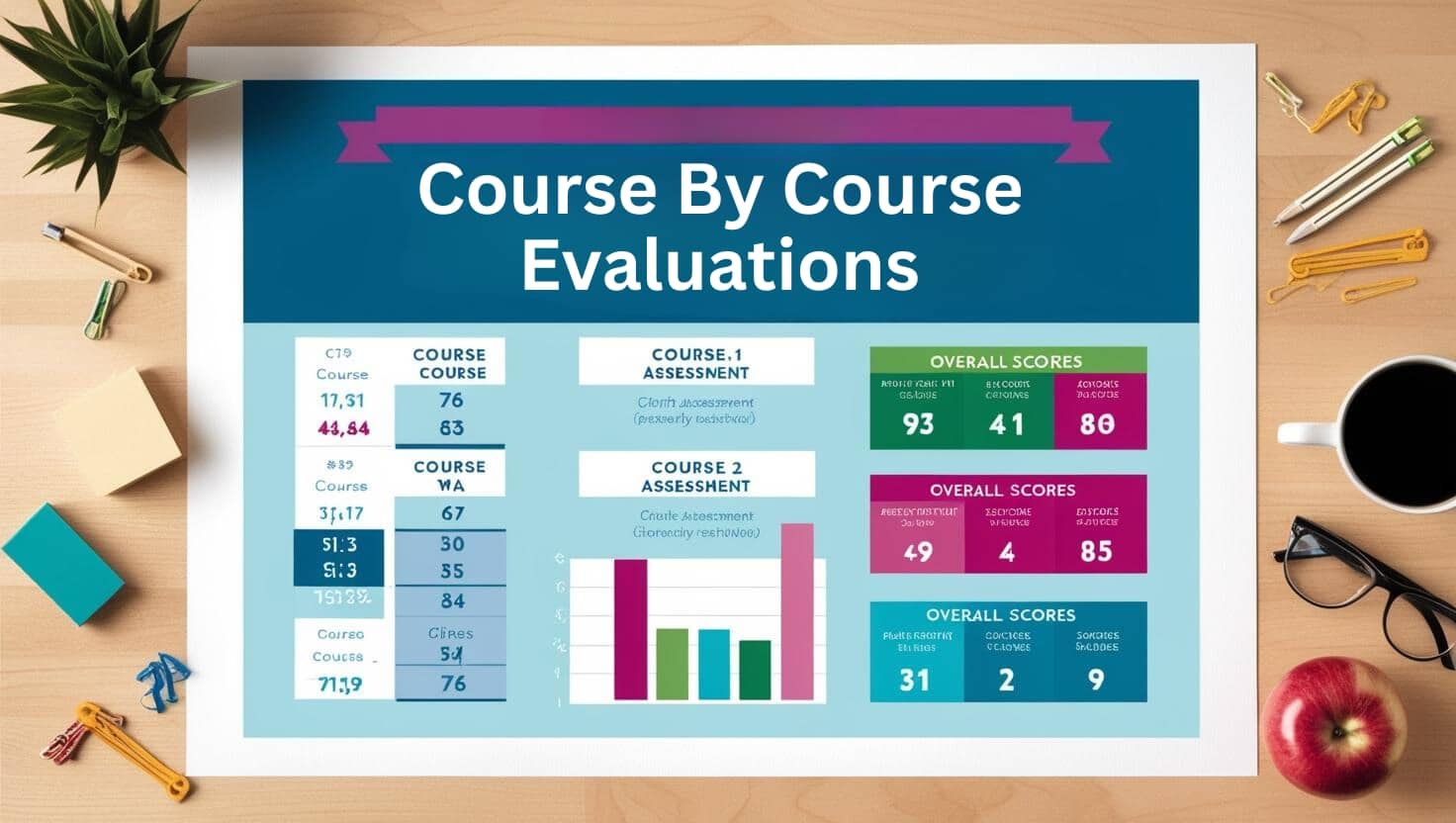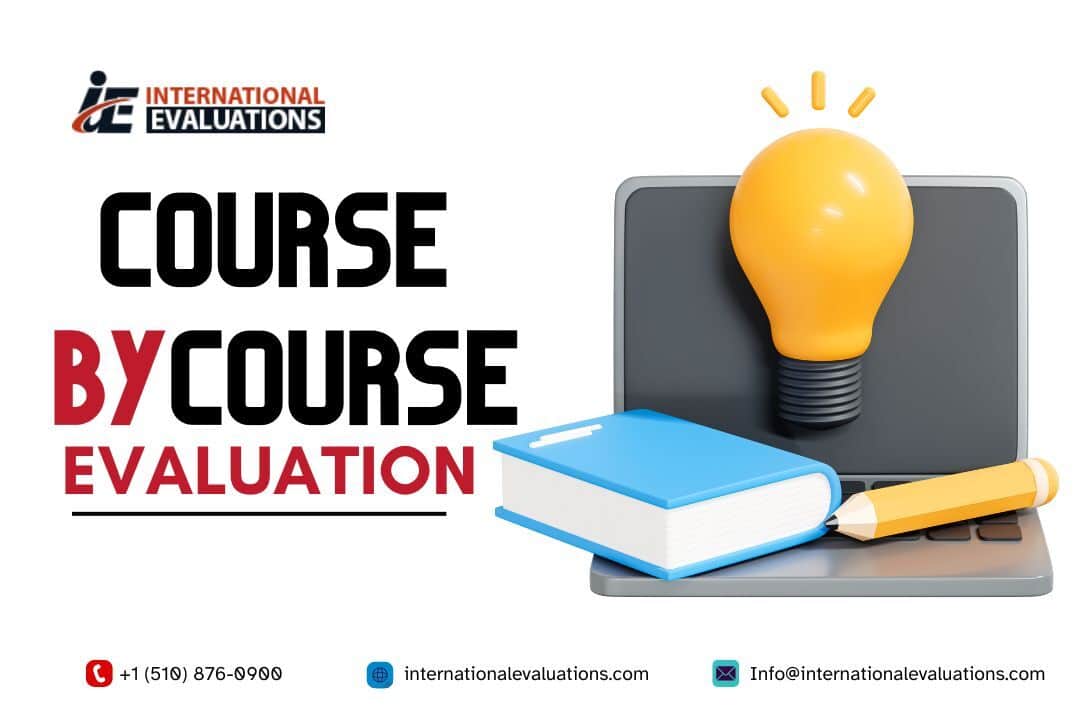Introduction
In our progressively globalized world, the value of educational qualifications can differ considerably from one country to another. As services and educational institutions strive to welcome diversity, understanding worldwide qualifications has actually become a crucial necessity. This is where international credential evaluation services action in. These services help in translating foreign certifications into formats that are understandable and acceptable within various contexts, thus making it possible for individuals to harness their full potential no matter where they come from.
Credential examination is not merely an administrative procedure; it's a necessary tool that cultivates inclusivity and diversity. By validating scholastic records, work experiences, and professional achievements through numerous techniques-- such as course-by-course credential evaluation and work experience evaluation-- these services make sure that qualified people get the recognition they deserve.
In this comprehensive post, we will delve deeply into the various facets of worldwide credential examination services, explore its role in embracing diversity, and provide insight into how these examinations are carried out. So, let's start this journey to understand how we can build a more inclusive society through efficient credential evaluation.
Understanding Academic Credential Evaluation
What Is Academic Credential Evaluation?
Academic credential evaluation is the process of examining and translating educational qualifications gotten from foreign organizations. This evaluation assists employers, universities, licensing boards, and other entities understand what a prospect's credentials mean in their specific context.
Why Is It Necessary?
The requirement for academic credential assessments originates from the globalization of education and employment. With individuals moving for better chances or looking for education abroad, it ends up being essential to have a standardized approach for examining their qualifications.
The Function of International Credential Examination Services
International credential examination services concentrate on supplying assessments that are acknowledged worldwide. They consider numerous factors such as:
- Institutional Recognition: Evaluators inspect if the releasing institution is accredited. Program Content: Understanding course material to determine equivalency. Duration of Study: The length of time was the program? Was it part-time or full-time?
These aspects contribute substantially to delivering accurate evaluations.
Types of Credential Evaluations Offered
Course-by-Course Credential Evaluation
One of the most comprehensive kinds of assessment is a course-by-course credential evaluation, which breaks down each course taken throughout an individual's studies. This kind of assessment assists in:
- Determining equivalent courses in the U.S. Assigning credit hours for each course. Providing in-depth information about grades received.
Work Experience Evaluation
Evaluating work experience is essential for experts whose qualifications might not be strictly academic but are nevertheless valid. This type of examination can consist of:
- Analyzing job descriptions. Assessing abilities and competencies gotten through employment. Establishing equivalence with local standards.
By doing so, individuals can validate their expert experiences as part of their credentials.
Expert Opinion Letter
An expert viewpoint letter serves as an extra layer of recognition where professionals examine a prospect's qualifications based on their experience and knowledge about market requirements. This letter can be particularly helpful when:
- The individual lacks formal education however possesses significant skills. There is uncertainty relating to global credentials.
This includes reliability to applications across various sectors.
Business Plan Evaluation
For entrepreneurs aiming to start businesses abroad or secure funding, a business strategy evaluation evaluates whether their proposed business aligns with local guidelines and market requirements. This includes:
- Financial projections. Market analysis. Risk assessments.
Evaluating organization plans allows investors and stakeholders to make educated choices while thinking about varied ideas from various cultures.

The Importance of Embracing Variety Through Credential Evaluation
Fostering Inclusivity in Education
Embracing variety through global credential assessment services promotes inclusivity in educational institutions by making sure that deserving candidates have access to higher education chances no matter where they earned their degrees.
Case Study: University Admissions
Consider a university that accepts international trainees however lacks robust procedures for evaluating foreign credentials. By partnering with trustworthy international credential evaluators, they can:
Increase the diversity of their trainee population. Ensure fair admissions processes. Encourage cross-cultural interactions amongst students.This directly improves the academic environment and prepares all students for a globalized workforce.
Enhancing Labor force Diversity
Incorporating varied skills into work environments provides various benefits such as ingenious services and varied viewpoints. With appropriate assessments:
Employers can determine proficient candidates who may otherwise be overlooked due to unfamiliar scholastic backgrounds. Companies can better line up groups with cultural competence-- essential for serving international clients effectively.Example: Multinational Corporations
Multinational corporations frequently depend on diverse groups to browse complicated markets successfully. By making use of global credential evaluations:
They bring in leading talent globally. Foster innovation through different experiences. Strengthen brand credibility by showcasing inclusivity.Challenges Dealt with by International Credential Evaluators
Variability in Educational Systems
One significant obstacle faced by evaluators is the variability in academic systems around the globe. Distinctions in grading systems, curricula structure, and degree classification can complicate assessments significantly.
Addressing Obstacles Through Extensive Research
To deal with these difficulties successfully:
Evaluators must remain upgraded on instructional trends worldwide. Collaborate with foreign institutions for better insights into their programs.By being proactive, evaluators improve accuracy while cultivating trust within communities served by these evaluations.

Misconceptions About International Credentials
Another obstacle includes misconceptions surrounding foreign degrees-- for instance, presumptions that non-U.S.-based degrees do not satisfy regional requirements without comprehensive examination or insight into equivalences.
Overcoming Misconceptions
Educational institutions must actively promote awareness concerning accepted foreign credentials through workshops or educational sessions targeting both employee and potential trainees alike-- therefore eliminating myths surrounding international credentials!
The Process Involved in Academic Credential Evaluation
Step 1: Submission of Documents
The primary step involves individuals submitting relevant documentation such as diplomas/transcripts in addition to any needed additional information (e.g., curricula) for thorough evaluation by evaluators.
Required Documents Include:
- Official transcripts Degree certificates Course descriptions (if offered)
Step 2: Evaluation & & Analysis
Upon invoice, critics carry out meticulous reviews concentrating on elements like institutional accreditation status followed by an analysis against standard criteria developed locally (i.e., U.S.-based benchmarks).
Key Considerations During Review:
Program length Grading scale conversion Equivalence determination based upon curriculum contentThis stage guarantees detailed understanding before rendering final judgments about equivalency!
Step 3: Issuing Reports
After performing examinations successfully comes report issuance-- a formal document outlining findings consisting of recommendations concerning equivalencies achieved along with any supporting letters (if relevant).
Types Of Reports Readily available:
General information reports 2. Course-by-course reports 3. Work experience evaluationsThese reports empower individuals throughout application processes across several domains-- eventually promoting engagement based upon validated achievements!
How Organizations Gain from Credential Evaluations
Improving Working with Processes
Organizations stand greatly benefited when incorporating trustworthy global credential evaluations into employing practices! With boosted insights derived from verified backgrounds ...
1 ... Hiring supervisors gain confidence understanding applicants have suitable knowledge/skills lining up with job functions! 2 ... Companies lower skill acquisition risks associated previously unproven claims!
This leads towards establishing strong teams built upon meritocracy instead of biases formed out-of-familiarity!
Enabling Professional Development Opportunities
By acknowledging valid experiences/qualifications acquired globally ...
1 ... Companies can set targeted training programs catering towards ability gaps identified throughout evaluations! 2 ... People engage with confidence developing required competencies ensuring career development!
This shared investment results positively affecting general work environment spirits together with increased productivity levels sustained with time!
FAQs About International Credential Evaluation Services
What Are International Credential Evaluation Services?
International credential evaluation services evaluate academic records acquired outside one's home country-- translating them into formats understandable in your area while guaranteeing extensive standards upheld throughout!
Why Do I Need My Credentials Evaluated?
Credential evaluations supply clarity concerning your credentials assisting universities/employers recognizing your worth precisely hence assisting in smoother transitions within competitive environments!
How Long Does the Examination Process Take?
Typically varies anywhere between 7-- 14 business days depending upon intricacy involved; prompt submissions together with accurate documents typically expedite processing timelines!
What Kinds of Qualifications Are Evaluated?
Evaluators think about all forms consisting of diplomas/certificates showing secondary/post-secondary education levels coupled alongside work-related experiences yielding extensive evaluations customized accordingly!
Can I Appeal An Evaluation Decision?
Yes! If unsatisfied with results gotten-- you might request re-evaluation providing additional materials/documentation further supporting your case enhancing opportunities positively reassessed completely https://squareblogs.net/usnaerobip/changing-work-experience-into-degrees-through-comprehensive-assessment lined up possible outcomes sought after!
Conclusion
In conclusion, welcoming variety through global credential assessment services plays an important function in creating inclusive societies where everyone has level playing fields despite where they come from or how they've attained their objectives academically/professionally!
As we navigate this complicated landscape filled obstacles ahead-- it ends up being obvious partnership between organizations using these essential services together with instructional institutions/employers holds key unlocking paths leading towards success!
Ultimately making every effort towards acceptance/diversity strengthens our collective capabilities equipping us dealing with future ventures-- ensuring no qualified individual remains ignored just due to the fact that unfamiliarity exists surrounding their backgrounds!
Enriching our world requires commitment creating connections beyond borders permitting skill thrive irrespective origin stories unfold; together let us continue champion efforts ensuring every voice heard valued renowned going beyond differences eventually coming unified function driven advancing development together!